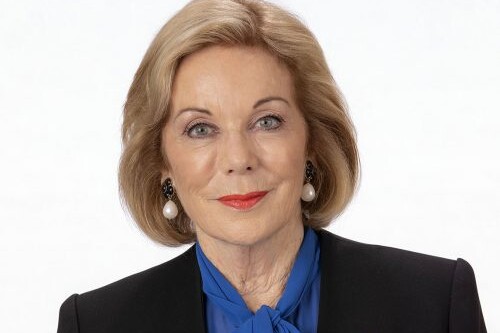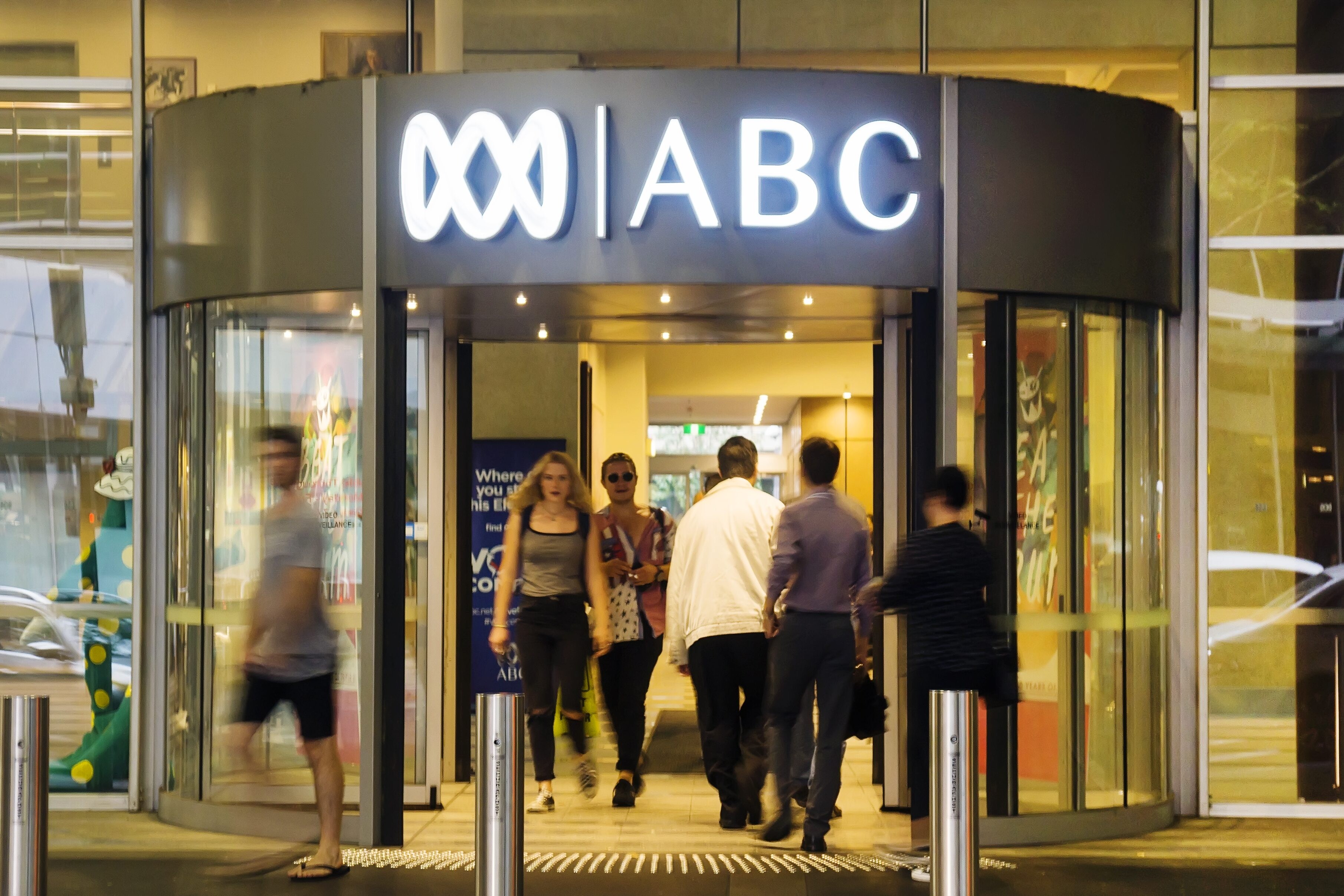The latest developments from the public broadcaster’s Five-Year Plan and last year’s unprecedented police raid.
AFP recommends charging ABC journalist over 2017 investigative series
In a new development of the ABC’s ongoing ‘Afghan Files’ affair, the Australian Federal Police (AFP) have provided a brief of evidence to the Commonwealth Director of Public Prosecutions to consider charging Dan Oakes.
Known as ‘the Afghan Files’, the series of stories published in 2017 were investigations by ABC journalists Dan Oakes and Sam Clark into war crimes allegedly committed by Australian special forces in Afghanistan. The AFP brief does not mention co-writer, Sam Clark.
Following this announcement, ABC’s Managing Director, David Anderson, made a statement ing that Oakes and Clark’s reporting was “factual and important” and that its “accuracy has never been challenged.”
While he welcomed the news that the AFP would not be taking any further action against Sam Clark, Anderson added: “The ABC fully backs Dan and we will continue to support him however we can. Doing accurate journalism that is clearly in the public interest should not be an offence.”
Federal Police recommend journalist Dan Oakes be charged over the ABC’s 2017 war crimes investigation. #MediaWatchhttps://t.co/YQkvSZ9jc8 pic.twitter.com/Xr019451Rr
— Media Watch (@ABCmediawatch) July 8, 2020
Over a year since the AFP raided ABC’s Ultimo offices in Sydney – which the Australian Federal Court earlier this year ruled as ‘valid’– John Lyons, Executive Editor of ABC News and Head of Investigative Journalism, shared a critical reminder that the warrant used by the AFP officers “gave them power to “add, copy, delete or alter” documents in the ABC’s computers.”
Other ABC employees and press freedom advocates have shared their support for Oakes and called for better protections against criminalising public interest journalism. Sam Clark, tweeted: “I feel privileged to share a byline with Dan on those stories… I am not celebrating. I am not relieved. I will not [breathe] easy until Dan no longer faces criminal charges for simply doing his job.”
The Media, Entertainment and Arts Alliance (MEAA) called on the Attorney-General, Cristian Porter “to demonstrate the government is committed to press freedom by calling an end to the investigation and possible prosecution of a journalist for reporting the truth.”
ABC cuts
Last week the public broadcaster doubled down on its continued commitment to serving the Australian public following the launch of its Five-Year Plan. The strategy was described by David Anderson as the “biggest transition the ABC has undertaken in years”, in a speech made to the National Press Club. He added:
“The ABC will accelerate its transformation from a traditional broadcaster to a media organisation that is more local, more personalised, more diverse and more capable than ever before. Adopting this plan means the ABC will continue to connect and unite Australians in a new era…. The ABC turned 88 last week, and while the way we communicate has changed, the values and purpose by which the ABC serves all Australians has remained the same.”
But accompanying the Five-Year Plan were announcements that the broadcaster would have to cut at least 250 jobs, predominantly from the news department, with major cuts and changes to vital programmes and services as part of a cost-cutting strategy to address its $41m per annum shortfall.
Read more: ABC launches five year plans
ABC Media Watch shared an in-depth analysis into what was at stake for the public broadcaster, including fewer episodes of investigative programmes such as Four Corners and Media Watch. It also revealed that a number of senior journalists were either choosing to or being asked to leave. This includes Andrea Ho an executive “who championed for diversity”, whose role as Head of Planning for the Regional and Local division has been abolished.
Concerns have also been raised about a decision to axe the national Head of Emergency Broadcasting and instead implement a state-by-state approach whereby broadcast managers in each state would be responsible for coordinating information and responses. “My concern is by stripping out this role, every time there’s an emergency in Australia, lives will be at stake. Without the national manager, I am concerned we will miss warnings, and therefore put the lives of Australians at risk”, explained former manager of ABC’s emergency broadcasting, Ian Mannix, to The Guardian.
For clarification, the ABC issued a statement to emphasise its commitment to emergency broadcasting and proposals to “improve the service with closer ties between our emergency broadcast team and our local and regional teams.”
Just last week, Anderson also suggested that it would be “entirely appropriate” for the public broadcaster to receive payments from Facebook and Google, which distribute its content, in order for it to help fund the Five-Year Plan and to be “reinvested in public interest journalism.”
Read more: ABC boss wants revenue from tech giants to fund journalism (Sydney Morning Herald)
In other developments
More than 100 newspapers, radio and television broadcasters have been deemed eligible for receiving support through a federal government scheme. The fund is aimed at supporting struggling local and regional media outlets that have come under financial pressure during the coronavirus pandemic. $50 million of funding has been made available through the Public Interest News Gathering (Ping) programme.
The ABC has also announced that it will be supporting “more than 200 Australian productions and content ideas through its $5 million Fresh Start Fund, to help safeguard local content and creativity against the impact of COVID-19.”
For many news media outlets, this support will be considered a vital lifeline at a time when advertising revenue has plummeted, causing many to struggle to stay afloat. According to the Australian Newsroom Mapping Project over 200 public interest newsroom contractions were logged between March and June alone, demonstrating the dramatic affect the pandemic is having on news.
Header Image: Queensland headquarters of the Australian Broadcasting Corporation at South Bank, Brisbane. Credit: Scott Kenneth Brodie/iStock
Related Posts
7th July 2020
COVID-19: Amplifying the threats to public media
From political interference to funding…


